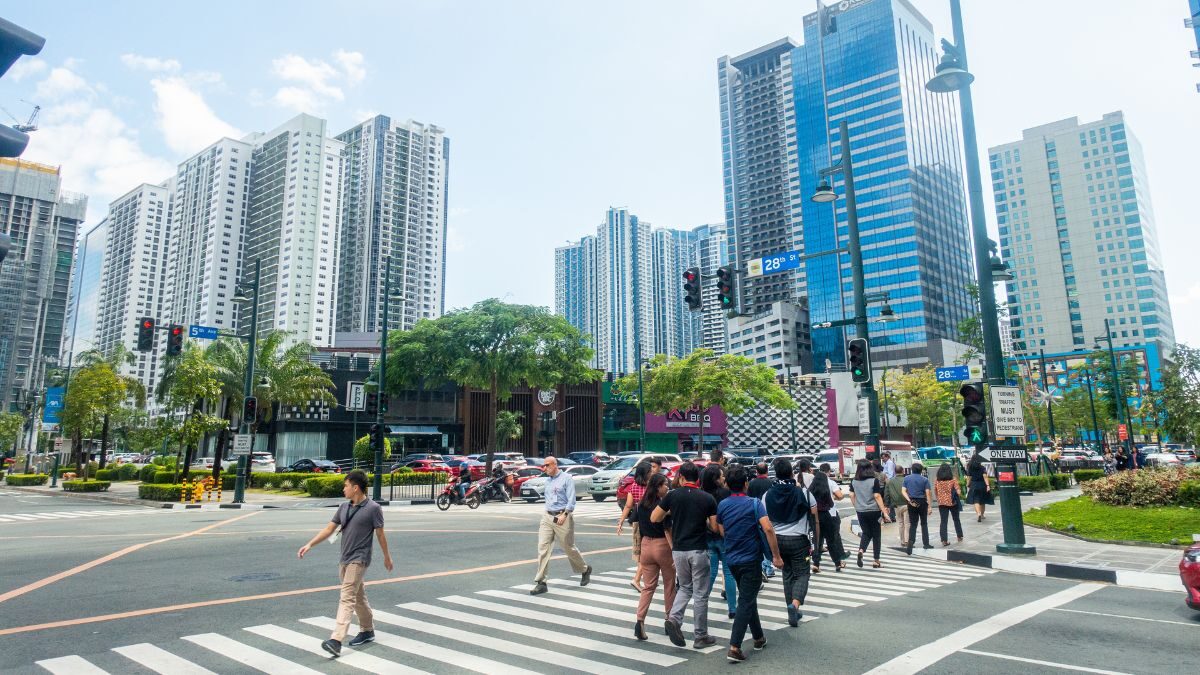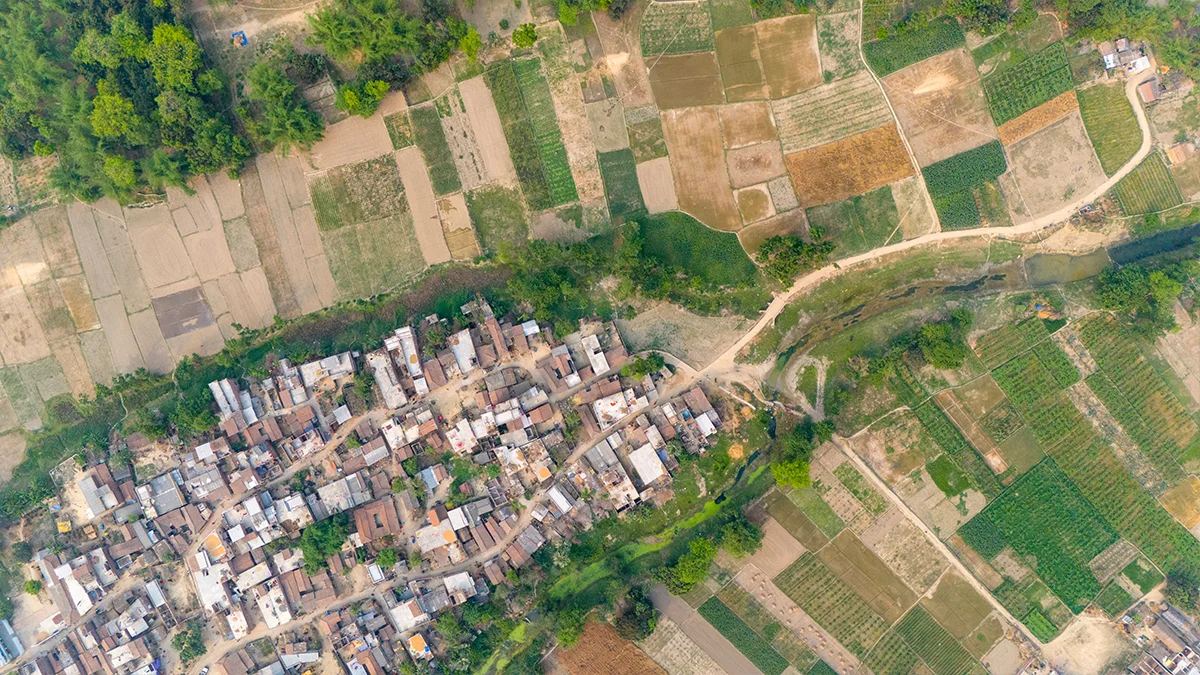(Re)in Summary
• Industry leaders called for more collaboration on sustainability and inclusion issues to drive social progress in the region.
• Challenges like ageing societies, inequality, climate change and debt complicate sustainability efforts, but insurers must work together with regulators and other stakeholders.
• Panelists stressed the need to improve sustainability literacy, prioritize social/environmental impacts and increase cooperation on issues like healthcare accessibility and resilience.
At the East Asian Insurance Congress (EAIC) 2024 in Hong Kong on September 26, a high-level panel of industry leaders called on insurers across the region to step up collaboration on sustainability and inclusiveness issues in order to drive social progress.
“Insurance is fundamentally about the pooling of risk. There’s no one risk carrier in the world that can solve challenges of this scale, and healthcare is a great example,” said moderator Edward Moncreiffe, CEO of Global Insurance at HSBC. “It is both the public sector and the private sector having to come together to pool that risk.”
Ed Moncreiffe
CEO of Global Insurance at HSBCYet challenges like ageing societies, inequality, debt and climate change complicate the path. Butch Bacani, PSI Programme Leader of the United Nations (UN), says that there are some positive signs in Asia, citing Japan’s long-standing support for the UN Principles on Sustainable Insurance, which have now been joined by most Korean insurers and others in the region, including AIA, PICC, Peak Re, Great Eastern, and Singlife.
However, Bacani says a lot more still needs to be done. “Asia being the world’s most disaster-prone region consistently over the years implies that Asian insurers should be collaborating really well on a number of fronts – on resilience, on health risk prevention, on decarbonization, on reversing nature laws. That’s not happening compared to your peers globally,” he said.
Bacani provides the example of Asia lagging when it comes to the first global sustainability guide for non-life businesses and the first global sustainability guide for life and health businesses. The initiatives, led by Edward Moncreiffe and HSBC colleagues, provide guidance on net zero and the role of insurance in decarbonisation and reversing nature loss.
“In all of these global initiatives, Asia participation is totally disappointing when it should be championing this idea,” Bacani says. “So the question is, where’s Asia? We need to do more here” he added.
Butch Bacani
PSI Programme Leader of the United Nations (UN)From the regulatory standpoint, Clement Lau, Executive Director (Policy and Legislation) of the Insurance Authority, touched on the need to harmonise sustainability reporting and regional forums for standard-setting. “We are already seeing harmonisation in terms of standard setting,” he said while citing the ISSB standards, which were promulgated last year and premised on previous work.
Meanwhile, Orchis Li, General Manager of Gen Re’s Hong Kong Branch, emphasised insurance’s role in resilience and healthcare accessibility challenges across East Asia that require stakeholder cooperation. “The insurance industry has a very important role to play in the society. We’re not just a financial institution. We’re actually the protectors of everyone’s future,” she said.
“I’m hoping that we can do more in terms of other segments. And I’m sure everybody is trying to look at mental illness, autism and other segments of the society that we can slowly open up to, rather than only looking at the healthier lives and making them healthier,” added Li.
Masayuki Tanaka, Secretary-General of the EAIC, stressed sustainability literacy and prioritising social/environmental impacts. “Improving sustainability literacy is very crucial, especially for the insurance industry. I think businesses and the regulators have to cooperate to find a solution,” he said.
Orchis Li
Hong Kong General Manager at Gen RePanellists closed off the session by calling for increased collaboration, communication and focus on sustainability going forward.
“We can continue to innovate and adapt to customer needs and changes. But I don’t think that we can do this alone,” said Li. “Everyone [needs to come] together to come up with sustainable practices to make sure that, at the end of the day, healthcare is accessible and affordable to all.”
























